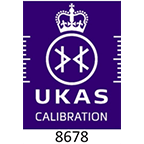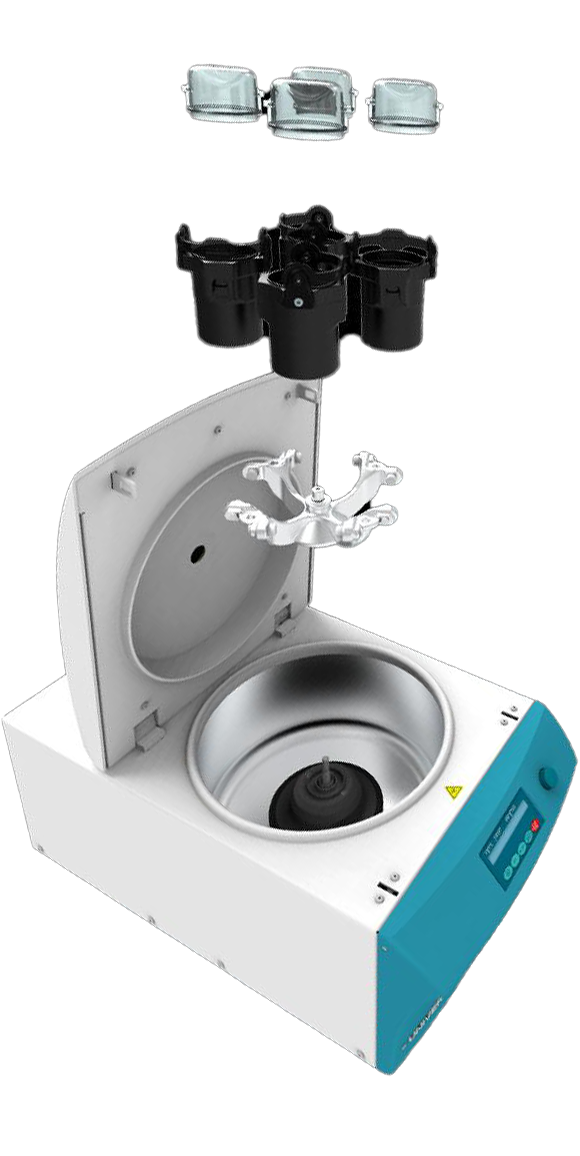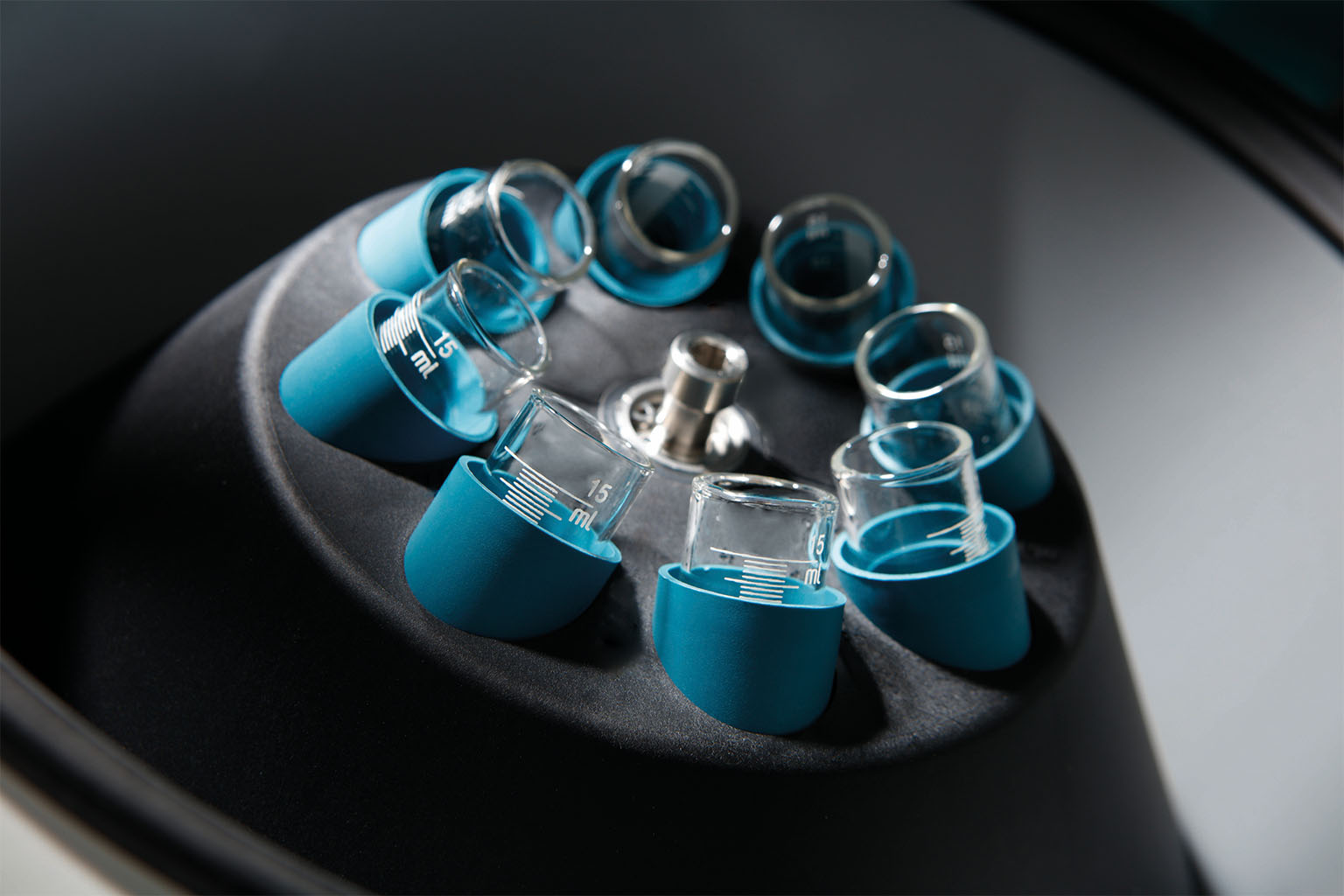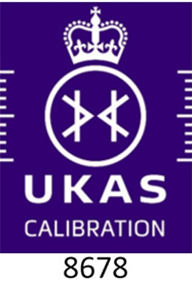Phone: +44 (0)20 8663 4610
For general enquiries:
info@henderson-biomedical.co.uk
For sales enquiries:
sales@henderson-biomedical.co.uk
- About us
Certifications
- Why Us?
- Service & Repair
Services & Repair
Equipment Types Calibration
- Products
New partnership with Memmert, world’s leading manufacturer of laboratory incubators and ovens.
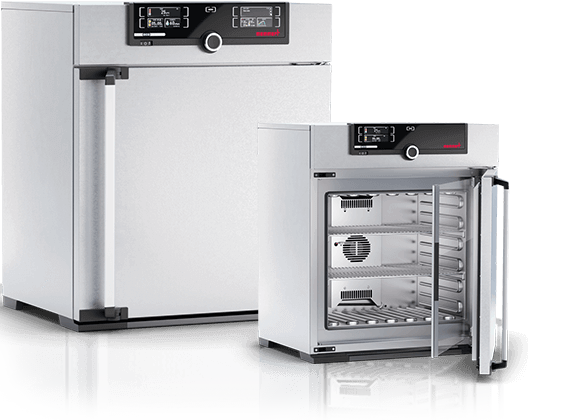
02. Used Equipment
03. Used Equipment
- Support
- Contact Us
0
Cart 0

